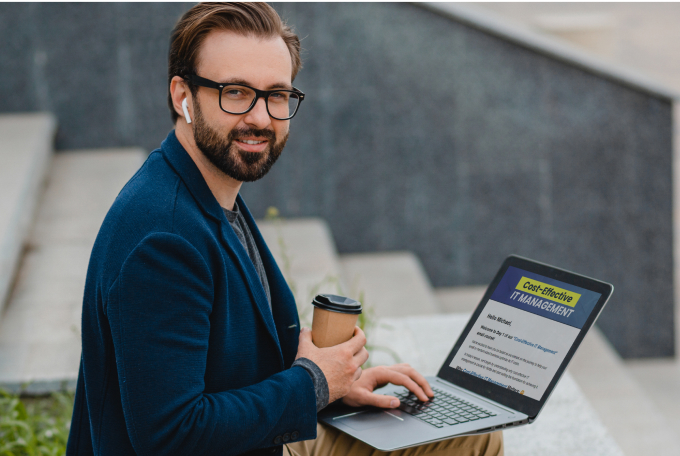
How to Protect Against Hackers
Phew! Hackers are Hard at Work!
Just in the past few days, it has been revealed that Discord.io has been hacked, and the data of 760,000 users was put up for sale on the darknet. Not only that, hackers have leaked personal identifiable information (PII) data and photos of patients from a Brazilian plastic surgery clinic in the last few days.
They have also recently attacked copper miner organization Freeport-McMoRan, which is a leading international mining company, headquartered in Arizona. On August 11, hackers also attacked BAREIS, a San Francisco Bay Area organization that serves brokerages in counties all across the Bay Area. Additionally, some five days ago, hackers stole $6 million plus from the New Haven, Connecticut, public school system.
With the breakneck speed of technology passing most of us by, we just ride the wave of technology. But how can we take ownership of our digital space and protect ourselves against hackers?
How to Protect Yourself Against Hackers
Hackers are constantly looking for ways to steal your personal information, money, and other valuable data. By following these simple tips, you can help protect yourself from becoming a victim of a cyberattack:
Use strong passwords and don’t reuse them. Your passwords should be at least 8 characters long and include a mix of upper and lower case letters, numbers, and symbols. You should also never reuse passwords across different accounts.
Keep your software up to date. Software updates often include security patches that can help protect you from known vulnerabilities.
Be careful what you click on. Hackers often send phishing emails that contain malicious links or attachments. If you’re not sure if an email is legitimate, don’t click on anything in it.
Use a firewall and antivirus software. A firewall can help protect your computer from unauthorized access, and antivirus software can help detect and remove malware.
Back up your data regularly. This way, if your computer is hacked, you won’t lose all of your important files.
Be careful about what information you share online. Don’t post your personal information, such as your Social Security number or bank account number, on social media or other public websites.
Only use trusted Wi-Fi networks. Public Wi-Fi networks are often not secure, so it’s best to avoid using them for sensitive activities, such as banking or shopping.
Be aware of the latest cyber threats. Stay up-to-date on the latest cyber threats so you can take steps to protect yourself. You can do this by simply doing a Google search for “recent cyberattacks in [insert your local location]” or “cyber threats in [your location] today.”
By following these tips, you can help protect yourself from hackers and keep your personal information safe.
Additional Tips for Cybersecurity
Here are some additional tips that you can follow:
Use a password manager to help you create and manage strong passwords for all of your online accounts.
Enable two-factor authentication (2FA) whenever possible. This adds an extra layer of security to your accounts by requiring you to enter a code from your phone in addition to your password.
Be careful about what apps you download and install on your devices. Only download apps from trusted sources.
Keep your operating system and apps up to date with the latest security patches.
Be suspicious of any unsolicited emails or text messages, especially those that ask for personal information.
If you think that your account has been hacked, immediately change your password and contact the company that owns the account.
By following these tips, you can help protect yourself from hackers and keep your personal information safe.
Additional Tips for Cybersecurity
Here are some additional tips that you can follow:
Use a password manager to help you create and manage strong passwords for all of your online accounts.
Enable two-factor authentication (2FA) whenever possible. This adds an extra layer of security to your accounts by requiring you to enter a code from your phone in addition to your password.
Be careful about what apps you download and install on your devices. Only download apps from trusted sources.
Keep your operating system and apps up to date with the latest security patches.
Be suspicious of any unsolicited emails or text messages, especially those that ask for personal information.
If you think that your account has been hacked, immediately change your password and contact the company that owns the account.
By following these tips, you can help protect yourself from hackers and keep your personal information safe.
How to Secure IT on Repeat
If you’ve been reading our blog, you might know all this, and it might start sounding like a broken record. That’s because the way to safeguard yourself against hackers lies with you. Techs like to refer to the problem between the chair and the keyboard: that’s you and me! We are the ones that sit between the chair and the keyboard, and we are the ones that make the choices or mistakes to click on a bad link. We can overcome this by being up to date on the schemes of hackers and cyber threats as well as being educated on how to avoid their tricks.
If you need training or development in this area, or if your organization as a whole does, you can contact us for that. We do that, in addition to managed IT support and cybersecurity. We are your one-stop shop for complete secure IT. That’s IT. We are IT.
Ready to Take IT Off Your Worry List?
Schedule your IT strategy session today.
© 2024 Total Secure Technology. All Rights Reserved. Built with MSP Sites. | Areas We Serve | Privacy Policy | Terms








